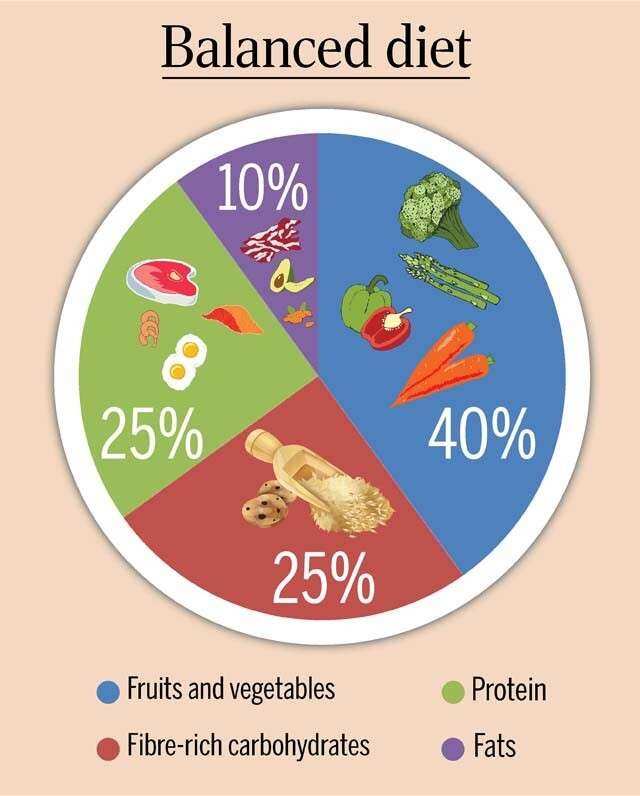Achieving Balanced Nutritional Health

Unveiling the Path to Achieving Balanced Nutritional Health
Embarking on a journey towards balanced nutritional health is a transformative step towards overall well-being. In this exploration, we will delve into the principles, benefits, and practical tips for attaining a harmonious balance in your nutritional lifestyle.
Understanding Balanced Nutritional Health
Balanced nutritional health involves the consumption of a variety of foods in the right proportions, ensuring your body receives the necessary nutrients for optimal function. It’s not about deprivation but rather about creating a sustainable and nourishing relationship with the food you consume. Striking a balance among macronutrients, micronutrients, and other essential elements is key to supporting your body’s daily needs.
The Role of Macronutrients
Macronutrients, including carbohydrates, proteins, and fats, are the building blocks of a well-balanced diet. Carbohydrates provide energy, proteins support muscle function and repair, and fats contribute to various bodily functions. Achieving balanced nutritional health involves understanding your individual needs for each macronutrient and incorporating them into your meals in appropriate proportions.
Micronutrients: The Mighty Supporters
In addition to macronutrients, micronutrients such as vitamins and minerals play a crucial role in maintaining balanced nutritional health. Each vitamin and mineral serves a specific function, from supporting the immune system to promoting bone health. A diverse and colorful array of fruits, vegetables, and whole foods is essential to ensure you obtain an adequate range of micronutrients.
Balancing Act: Achieving Optimal Caloric Intake
Balanced nutritional health also involves managing caloric intake to achieve and maintain a healthy weight. Understanding your body’s energy needs and balancing it with physical activity is fundamental. This approach not only supports weight management but also promotes overall health and reduces the risk of chronic diseases.
Hydration: The Overlooked Hero
A crucial yet often overlooked aspect of balanced nutritional health is proper hydration. Water is essential for digestion, nutrient absorption, temperature regulation, and overall bodily function. Making water your beverage of choice and staying adequately hydrated throughout the day contributes significantly to balanced nutritional well-being.
Practical Tips for Balanced Nutritional Health
- Diverse and Colorful Plate: Aim for a variety of colorful fruits and vegetables on your plate. The different hues represent various nutrients that are beneficial for your health.
- Moderation is Key: Enjoy your favorite treats in moderation. Balanced nutritional health doesn’t mean avoiding indulgences entirely but rather consuming them in sensible amounts.
- Mindful Eating Practices: Pay attention to your body’s hunger and fullness cues. Mindful eating promotes a healthier relationship with food, preventing overeating and fostering a more intuitive approach to nutrition.
- Include Lean Proteins: Incorporate lean protein sources such as poultry, fish, beans, and tofu into your meals. Protein is crucial for muscle health and satiety.
- Whole Grains for Sustained Energy: Choose whole grains over refined grains for sustained energy. Options like brown rice, quinoa, and oats provide essential nutrients and fiber.
Discover the Path to Balanced Nutritional Health
For those seeking guidance and a delightful journey towards balanced nutritional health, consider exploring the resources and options available at
